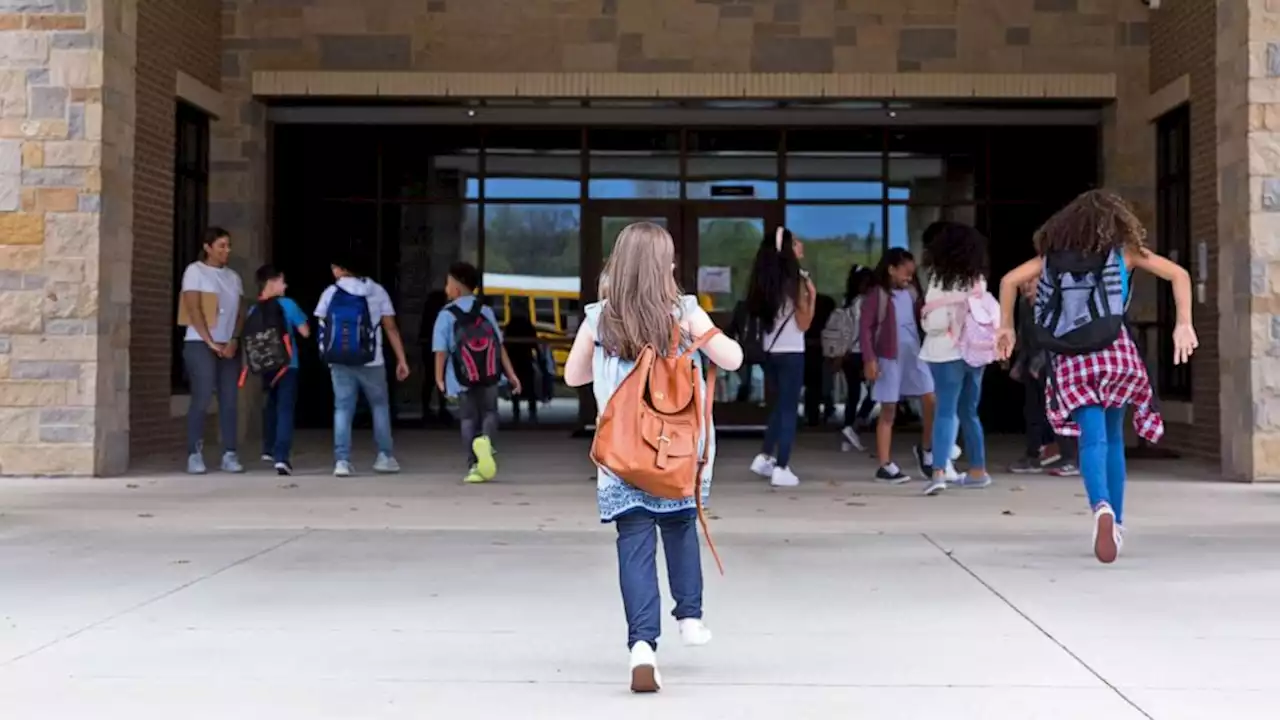In California, people have received anywhere from $25 to $1 million for getting the shot.
SAN DIEGO — A new UC San Diego study reveals whether offering people money helps reduce vaccine hesitancy.They surveyed more than 1,500 people on whether incentives ranging from $10 to $500 would motivate them to get vaccinated. The study shows $100 compensation increased vaccine willingness by 4.5 percent and $500 by about 15 percent to 20 percent.
"Putting such a low monetary compensation associated with it would make it look like it's a low price tag and perhaps low quality," said Serra-Garcia. Serra-Garcia says the study shows $50 offers did little to nudge people distrusting the vaccine. While the lotteries were large amounts, other studies show the probability of winning made them small incentives.
Some states and cities have also begun using monetary incentives to increase children's vaccinations. However, Serra-Garcia believes when it comes to convincing parents to let their children get the shot, education may be the better option.
United States Latest News, United States Headlines
Similar News:You can also read news stories similar to this one that we have collected from other news sources.
 Monkeys play to reduce group tension, study findsNew research has discovered that adult howler monkeys use play to avoid conflict and reduce group tension, with levels of play increasing when they are faced with scarce resources.
Monkeys play to reduce group tension, study findsNew research has discovered that adult howler monkeys use play to avoid conflict and reduce group tension, with levels of play increasing when they are faced with scarce resources.
Read more »
Beauty and wonder of science boosts researchers’ well-beingAppreciating the phenomena they study helps scientists to persevere in the face of setbacks.
Read more »
 Pfizer's Covid vaccine safe in people with prior myocarditis, study saysThe findings of a small French study may be reassuring to those with histories of the heart condition who are reluctant to get vaccinated, experts said.
Pfizer's Covid vaccine safe in people with prior myocarditis, study saysThe findings of a small French study may be reassuring to those with histories of the heart condition who are reluctant to get vaccinated, experts said.
Read more »
 More kids diagnosed with mental health conditions: StudyParents should realize that mental health conditions, including anxiety, may look different in kids than adults, one expert tells ABC News.
More kids diagnosed with mental health conditions: StudyParents should realize that mental health conditions, including anxiety, may look different in kids than adults, one expert tells ABC News.
Read more »
 Will You Quit Your Job? A Surprising Factor May Help DecideWho's more likely to quit their jobs: people who dwell on the past, live in the present, or think about the future? New research has an answer, and rdouglasfields1 explains.
Will You Quit Your Job? A Surprising Factor May Help DecideWho's more likely to quit their jobs: people who dwell on the past, live in the present, or think about the future? New research has an answer, and rdouglasfields1 explains.
Read more »
 UCSD Health sets 'new normal' rules for operation, effective MondayCounty adjusts COVID-19 data presentation to make it more accessible to public
UCSD Health sets 'new normal' rules for operation, effective MondayCounty adjusts COVID-19 data presentation to make it more accessible to public
Read more »
